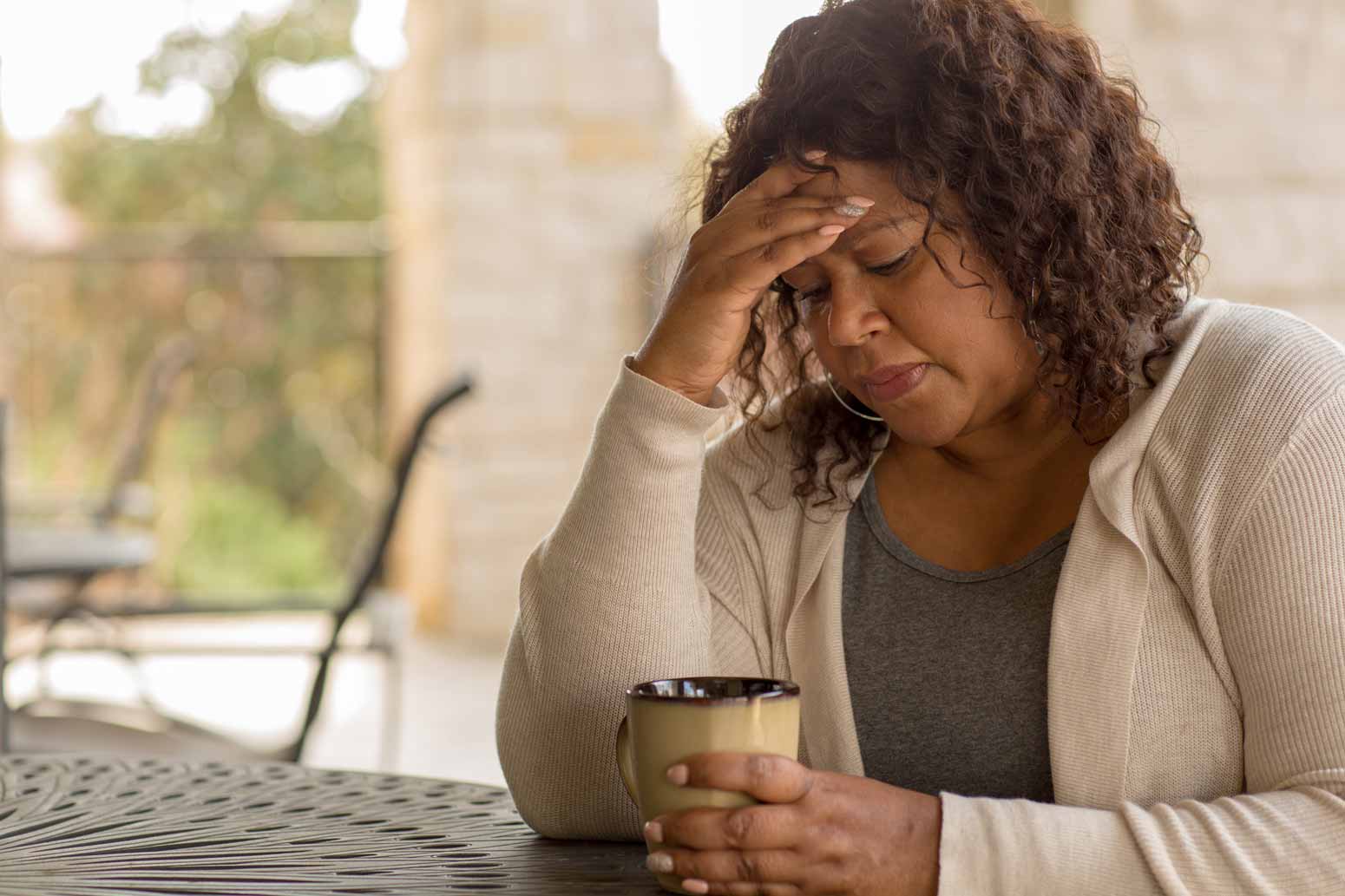17. This summer will mark 17 years ago that we suffered the unimaginable loss of a baby. Over time, the details have gotten somewhat fuzzy, but I do remember the significant physical and emotional hurt and pain of this late miscarriage. We were well into our 2nd trimester (around 17 weeks); friends and family knew we were expecting our third child—it was obvious since I was already showing quite a “baby bump.”
I remember going into labor at home but not fully comprehending that that was what was happening to my body. After all, it was much too early for labor, I wasn’t even halfway done with this pregnancy. I remember knowing something was devastatingly wrong. I remember my husband trying to occupy our other two children (ages one and three at the time) so they wouldn’t know what was happening…even though he didn’t know himself. I remember lying on the bathroom floor, unable to move due to massive blood loss and my husband on the phone with the doctor—not sure whether or not he should call an ambulance. I remember those details.
I Remember What Was Said
I remember the awkward but unbelievable care and genuine sympathy shown to me by the hospital ER staff.
I remember the uncomfortable stares and what, at the time, seemed like lack of concern or verbal acknowledgement of my church family (a few people did send a card).
I remember people saying the dumbest things to me afterward:
“How are you? I mean, really, how are you?”
“You’ll be fine in a few days.”
“Something was wrong with the baby.”
“God knows what He’s doing.”
Or, my personal favorite, “You already have two children.”
I didn’t know what I needed at that moment, but I know that I needed something different.
I Remember How I Felt
I remember crying myself to sleep for many nights. I remember withdrawing from friends and church. I was sick and tired of people trying to help me and tell me how I “should” feel. As if they knew my heart, my pain. [Want to know more about being a friend in times like these? Listen to this episode: How to Be a Grace-Filled Friend in Hard Times – 096]
I remember feeling like a zombie for weeks, just going through the motions because I had two other children who needed me.
I remember hearing myself laugh a few weeks afterward and feeling embarrassed that I even allowed myself to smile a real, authentic smile.
Mostly, I remember being angry at God…so very angry, for a very long time. I didn’t go back to church for over a month after our miscarriage. I had no interest in God or what he wanted for me. He hurt me, or so I believed, so I would dig my feet in and show him. Thankfully, it doesn’t work that way.
Our friends and family weren’t sure what to do for us at this time. There were a few brief moments of sadness for our families and then a “get on with life” mentality that both of our parents seemed to push on us. For me, this was not helpful. I would get on with life when I was good and ready…and I wasn’t ready. I was still mourning the loss of what I knew should come next: feeling the flutter of kicks or the foot in the ribs, the heartburn, and the cravings of pickles and ice cream. I wasn’t going to experience those things for quite a while and that hurt. I didn’t want acknowledgement of the pain, but rather acknowledgement that this life happened and ended tragically and unexpectedly. No, I wasn’t ready to get on with life, but I was forced to because of my other two very young children who needed their mom to be a mom.
I would get on with life when I was good and ready…and I wasn’t ready.
Through all of the misguided words and lack of understanding we felt from most of our circle, perhaps the greatest gift we received wasn’t something to help us grieve, but rather—words. Our dear friends sent us a small bouquet of flowers with a simple card that read, “We have no words. We love you.” Who knew something so simple would be the best gift in a time of gut-wrenching grief and heartbreak? They weren’t trying too hard to be something they thought we needed. They were simply telling us they didn’t know what to do while letting us know they loved us and were heartbroken for us, and that was enough.
This Is What I Learned
We named our child, this little girl, even though there is no birth record, no cemetery plot, no headstone, or place for us to go and visit her. We named her so we could remember. Not because we want to relive the agony, but because we knew the pain would always be there and we had to figure out a way to handle it. And every year, on that date, the calendar catches my breath; it reads “AJ’s birthday.” Is it a form of acceptance? Likely, but it’s also a reminder that her little teeny body was loved.
17 plus years later, I still do not understand this part of my life. I still grieve, dream, and imagine our daughter, and I still sometimes don’t know how to answer the question, “How many children do you have?” I still sneak peeks at the one photo I have of her—an ultrasound photo from the end of my first trimester. I know that during the brief time I carried her inside of me I fell in love with her.
We weren’t given closure from a medical professional to have a medical cause associated with her death because we were told, at that time, tests weren’t done on babies born before the 20th week. We were, however, given the opportunity to share our story (even if we don’t want to be so vulnerable and authentic).
I realize now, too, that if we hadn’t suffered the loss of our daughter, I would never have had my youngest child. I cannot imagine a day of my life without him. Clearly, God was at work in my life even when I didn’t want him to be.
We named our child, this little girl, even though there is no birth record, no cemetery plot, no headstone, or place for us to go and visit her. We named her so we could remember.
Not everyone has an experience that they can or want to talk about, and that’s completely okay. Over the past 16 years (and more recently over the past five), I have gained perspective, empathy, and a heart that is likely too big for those going through similar experiences. I feel it all over again when someone speaks of miscarriages or premature babies.
I now know that every woman who experiences this type of loss has a unique-to-them experience. Grief can manifest in so many ways, but it is different for every woman who experiences a miscarriage. No two grief stories are the same. It is real and can be paralyzing. There is no timetable for someone to recover from a significant loss in pregnancy—even if it’s at 6 or 7 weeks. Healing can take many, many years. Grief is always raw, relevant, and genuine. While we will never feel a comfortable conclusion here on earth to the precious lives we have carried and loved, we can, with significant personal grace, move forward from the ever present, but hidden, sadness.
—
For more encouragement during challenging times, we recommend this podcast episode: How to Feel Your Emotions in a Healthy Way With Dr. Zoe Shaw – 075
#gritandgracelife













